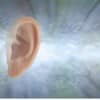People have always linked sleep and creativity.
Throughout the years, many of the most incredible artists in history have claimed that their ideas and inspiration came to them in dreams.
What’s more, when you’re struggling to think straight or puzzle out a solution to a complicated problem, people will generally tell you to “sleep on it.”
The question is, just how connected are creativity and sleep?
Is there something to the idea that dreamers are more likely to be innovators and pioneers? Or does the counter-argument that insomnia creates tortured geniuses hold weight?
We know that the mind processes information more effectively after you’ve got your forty winks.
We also know that certain parts of the sleeping process also encourage better-thought processes, by helping to consolidate and align memories.
But is sleep the secret ingredient that turns a struggling artist into Van Gogh?
To find out the real connection between dreams and creativity, we took a deep dive into the research. Here’s what we discovered.
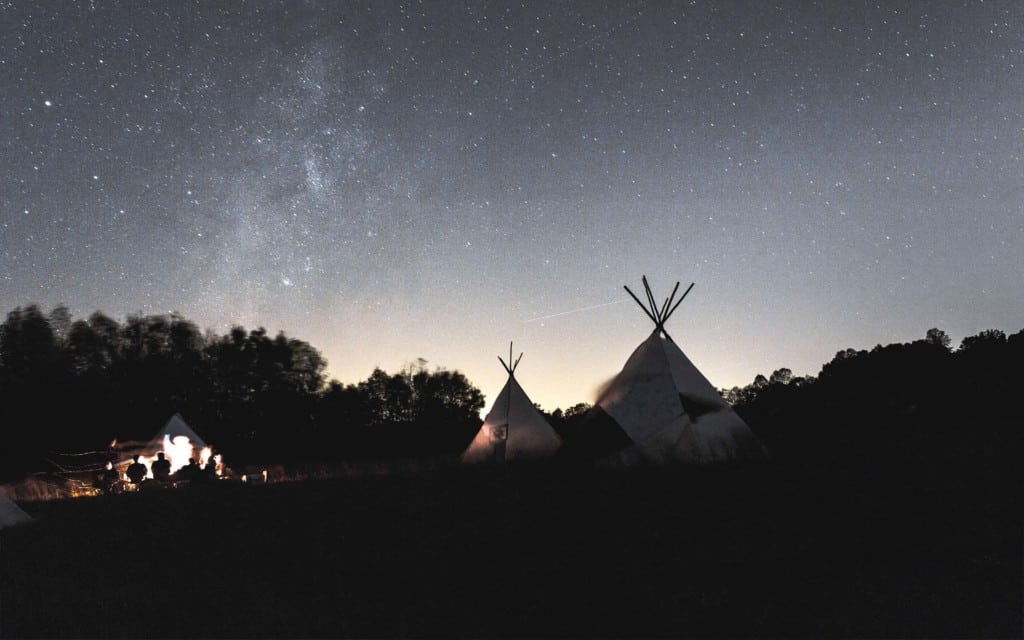
Sleep and creativity, is there a connection?
In a book on memoir writing, Stephen King said that regular sleeping patterns encourage “wakeful minds” to unlock the creative power that we open during sleep.
There’s something to that idea. After all, we’re generally a lot more creative in our dreams than we are in real life.
We frequently come up with ideas and images that would be difficult to produce through the day.
There’s a scientific explanation behind all of that creativity bumbling through your brain as you dream.
The more quality Zs you get, the easier it is for your brain to make somewhat abstract connections that make creativity possible.
Most commonly, it comes to REM sleep — the fifth stage of sleeping that’s characterised by dreaming and rapid eye movement.
According to research from the journal “Proceedings of the National Academy of Sciences,” it’s REM that has an impact on your ability to make associations between ideas and be creative.
During REM, your brain waves stimulate the activity you have when you’re awake. Where as the other stages of sleep all have a part to play in making your brain more effective.
Additionally, in REM sleep, the brain is flooded with a neurotransmitter called acetylcholine.
This interrupts the connection between the neocortex and the hippocampus, creating a more flexible state in your mind.
The brain begins to search for unrelated ideas, making them seem more connected. That’s why you can easily dream about a cat with pencils for legs, no problem.
REM sleep increases your ability to be original and creative by making your mind more flexible.
You can even get the same results from a quick 90-minute nap, as long as you go through all the five stages of sleep during that time.
According to the scientists, the good thing about sleep and creativity is that you don’t even need to remember the wacky dreams you had to be more creative overall.
So long as you get that REM rest, you’ll wake up with a more flexible mind. You’ll simply be open to more creative processes and thinking.
REM gives you the opportunity to see common things from a new perspective — that’s pretty important when you’re encouraging creative thinking.
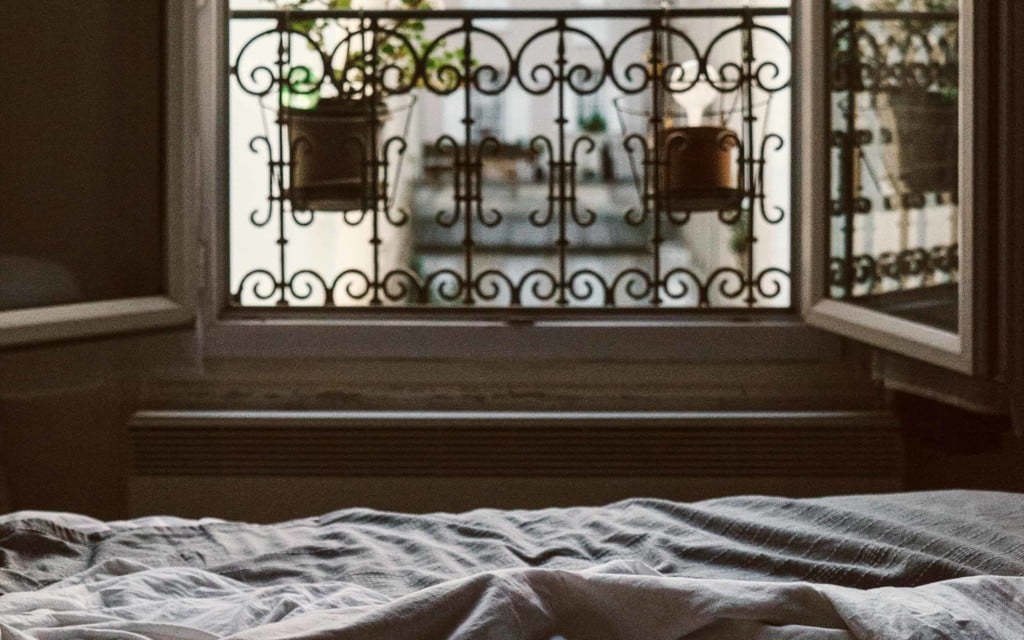
Creativity and sleep: Stock up on rest before your next project
There’s a lot of work going on behind your eyelids when you’re sleeping. It all contributes to the functioning of a more open and creative mind.
However, it’s not just the chemicals and firing neurones that make a difference to your waking potential. Another reason that creativity and sleep go hand-in-hand is that sleep replenishes your mind.
Even at its most basic level, sleep helps your body restore the resources required for optimal functionality. Well-rested brains think better — and that’s powerful in itself.
You already know that sleep makes you healthier, but it also ensures that your mind is recharged enough. Then you can not only think straight, but also imagine new ideas in curves and wiggly lines too.
The more you sleep, the more you:
1. Listen to your inner voice
Sometimes, hearing voices in your head isn’t a bad thing.
Creative solutions to problems are typically associated with activity in the right lobe of the brain. Way back in 2010, a team of European scientists conducted some tests into learning and brain activity.
They found that during sleep, and after a restful sleep, you can “listen” to what’s going on on the right side of your brain a lot better.
The scientists found that the restructuring of memory that happens during slow-wave sleep (stages 3 and 4) is responsible for giving you a thinking boost.
This is crucial for coming up with new ideas. You sort through everything you’ve learned through the day and potentially wake up with better insights.
2. Revive your mind
Let’s face it; it’s tough to get anything done after a night with no sleep.
Part of what makes rest and creativity such a good mix is you have a chance to refresh your mind. It’s much needed after a day of thinking your way through problems.
Your brain, like any muscle, can only handle so much work before it needs a break. It’s the same as if you tried to lift a weight thousands of times in a row.
Eventually, you wouldn’t be able to lift your arm at all.
The 5 stages of sleep you go through help to replenish your mind, consolidates and stores thoughts for use at a later day.
That way, you can wake up feeling recharged and ready to tackle a new problem.
Focusing on a question before you go to sleep, can even trigger the unconscious mind to try and make connections for you while you sleep, as part of the brain-reviving process.
3. Make sense of difficult ideas
It’s hard to come up with a creative solution to a problem if you can’t understand the problem in the first place.
When your mind is struggling to process something, sometimes it needs more time (and rest) to get the job done.
A study conducted by the Harvard Medical School found that subjects were able to solve 30% more puzzles when they were tested after waking up from a full sleep cycle — complete with REM dreaming.
The connection between dreams and creativity comes into play here. Through dreams, your brain attempts to make sense of everything that’s happened during the day.
It will be working on thoughts and memories to make a pattern. Dreams can also cement experiences into the memory and lead to inspiration when you’re awake.
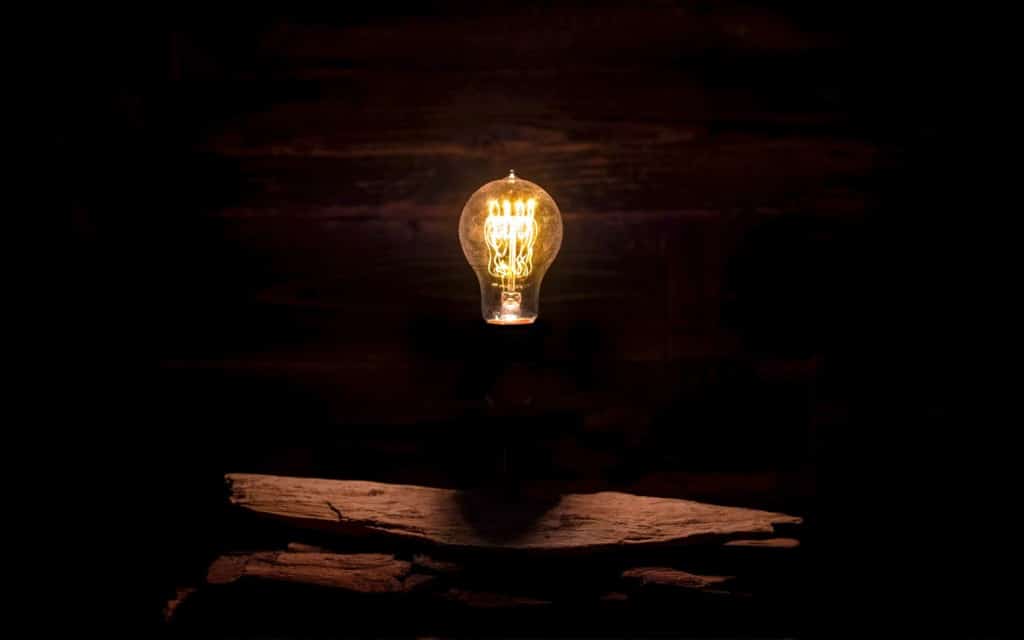
Sleep deprivation and creativity: Is there an upside to insomnia?
So if sleep and creativity are such a good mix, what about all the claims that artists need less sleep to be effective?
Just as there are many geniuses out there who credit dreams for their masterful creations, there are also a handful of artists that say they accomplish more, when they’re sleep deprived.
For now, however, it’s hard to see for certain whether sleep deprivation and creativity have a genuine link.
One study in 2013 did find that periods of insomnia did have a positive correlation with divergent thinking and creative behavior.
Another study found that children were more likely to be creative after sleep disturbances.
However, there’s nowhere near as much evidence for the connection between sleep deprivation and creativity, as there is for the link between sleeping well and thinking better.
There aren’t any definitive studies out there to prove that insomniacs are always more creative.
In one study referenced by Science Daily, findings showed that the higher the level of visual creativity a person had, the lower their quality of sleep would be.
Usually, they’d have plenty of sleep disturbances — even if they slept for longer than most people overall.
Countless pieces of research have shown that sleep deprivation will often degrade your mental agility and brain functions.
This means you physically don’t have what it takes to be more creative when you’re exhausted. While the occasional restless night might give you a spark of inspiration, the chances are that long-term sleep issues won’t make you the next Da Vinci.
It seems like the idea that sleeplessness might contribute to creativity comes from an old-fashioned stereotype.
An old idea that creative geniuses are always tortured insomniacs, drinking their way through the night and unable to sleep.
The evidence shows that the more sleep you get, the more likely you are to come up with amazing ideas.
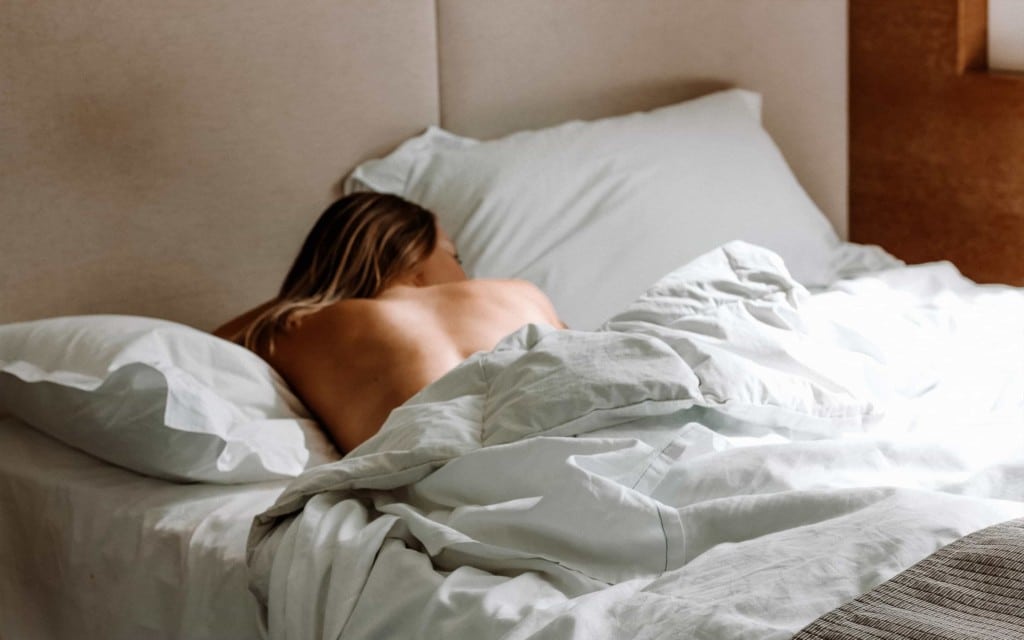
The brain thrives on a better night’s sleep
The “Sleep Expert” Elina Winnel once acknowledged that while the link between inspiration and dreaming has always been significant, there’s also a real scientific connection between creativity and sleep.
Research shows time and time again that we struggle to think creatively without the right amount of sleep.
The more consistent your sleeping pattern is, the more your mood, health, and creativity will improve. It’s as simple as that.
According to recent research, we can also see that sleep deprivation interferes with the brain function on a cellular level.
Scientists at the UCLA discovered that sleep deprivation interferes with the ability of brain cells to communicate with each other.
Every day, we rely on countless neural cells to communicate and help us make decisions or process information.
Less robust brain cell activity means that our ability to function slows way down, compromising performance in every way.
Additionally, when we don’t sleep, the levels of essential hormones in our bodies are affected. For instance, cortisol, dopamine, and serotonin balances begin to change — affecting our mood, thought, and energy.
Getting plenty of sleep might be so significant to the creative process that napping in daytime could be a solution.
However, the key to success is making sure that your naps are long enough to give you access to REM sleep.
A study in 2010 found that deep sleep accessed in longer naps can improve idea generation originality and volume.
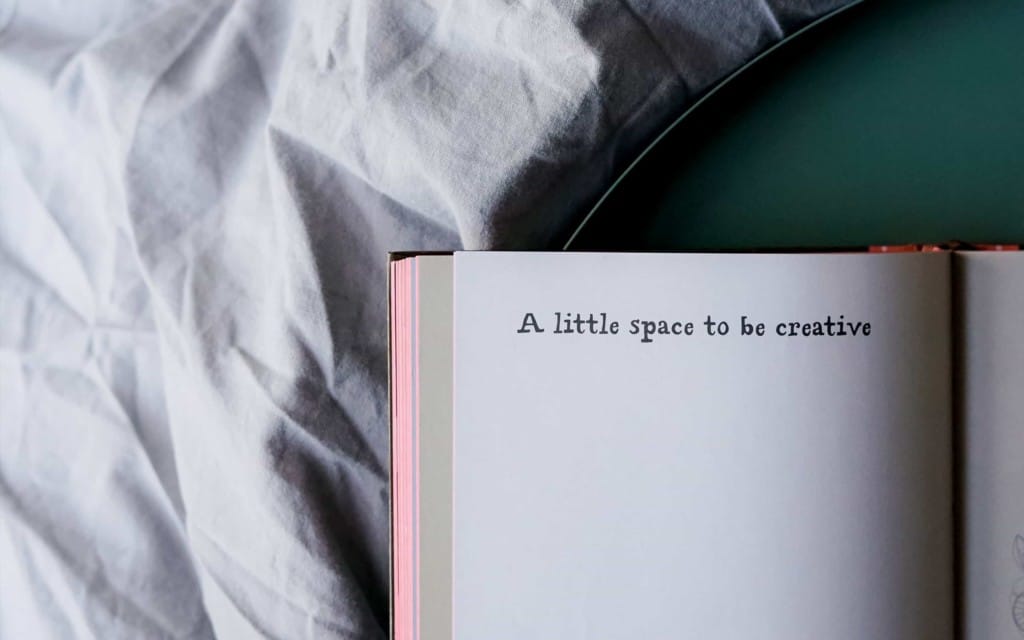
Dreams and creativity, where’s the link?
So what about dreams and creativity? Is there a connection between the things you see in your mind when you’re sleeping, and what you do when you’re awake?
There could be. Many people who class themselves as creative generally use their dreams to aid their creative process.
Salvador Dali connected his surreal paintings to his dreams. Additionally, Mary Shelley said that a dream was responsible for giving her the idea for Frankenstein — one of the best known literary masterpieces in history.
Dreams often mimic the creative process, making connections between seemingly disconnected things in our minds.
Many people believe that the state of “Hypnagogia” — the dreamlike experience that we have when we’re just between conscious and unconscious, is excellent for creativity.
Hypnagogia mimics REM sleep in the way that thoughts and information are processed. However, you’re not asleep during this time.
Many of the best-known innovators in history, including Benjamin Franklin have said that their early morning creativity has been afforded to them by the experience of Hypnogogia.
Dreams and creativity are deeply connected. You can often remember some of the dreams that you’ve had during the later stages of sleep.
The dreams you have during REM are often the most vivid and coherent that you’ll have during the night. These are the images that you’ll remember when waking up, which often gives you inspiration for creativity.
One study into adolescents in Switzerland found that people who can recall their dreams are generally more creative.
Additionally, the research found that better sleep quality often correlates with dream recall.
Another survey from 2016 found that there’s a positive connection between paying attention to your dreams and increasing your creativity. The researchers found that people who were asked to recall their dreams were much better at creative tests.
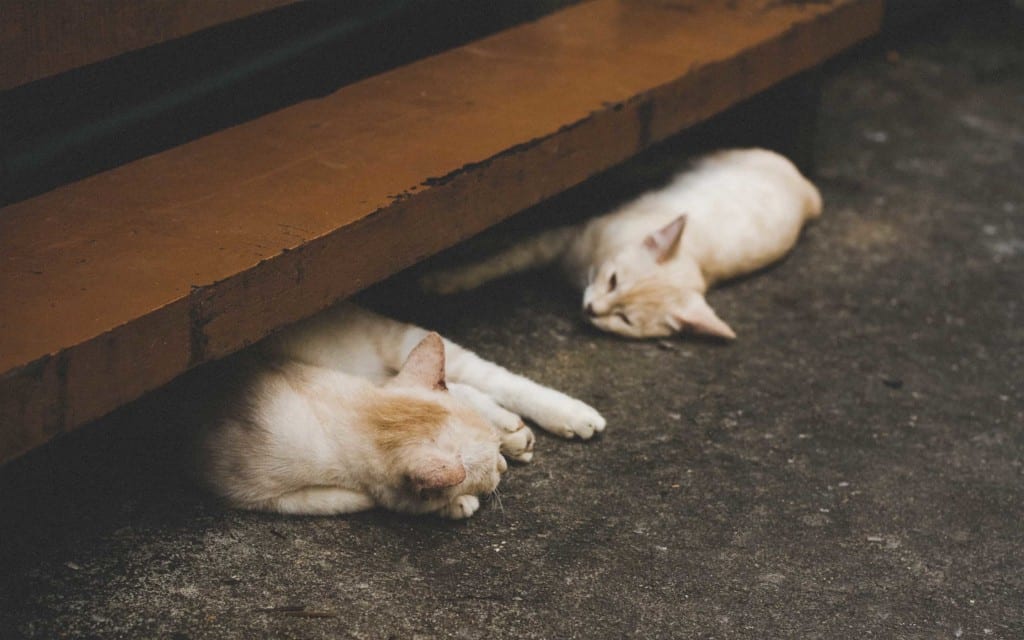
Sleep hypnosis for creativity: How to hack your sleep
If, as the research suggests, sleep and creativity do go hand in hand, then the best thing you can do to be more innovative in life, is get plenty of high-quality rest.
Most people will need an average of between 7 and 9 hours of sleep each night. Then their full sleep cycle will happen multiple times and they’ll wake up feeling properly rested.
Few people will be able to achieve their best results in fewer than 7 hours.
So, how can you hack your creativity and sleep at the same time?
One option is to improve your sleep hygiene. For instance, it’s always a good idea to make sure that you avoid drinking caffeine after lunch.
Generally, you’ll be able to not only sleep better but improve the quality of your sleep by cutting down on caffeine.
Although you might not feel the buzz of a cup of coffee after a little while, caffeine is a drug with a 6-hour half-life.
That means that it takes about 24 hours to get the dose out of your system entirely. Any caffeine left in your blood stream makes it harder to sleep.
Even if you do get over that cup of coffee long enough to fall asleep, the caffeine in your system will reduce sleep quality. You’ll have reduced your REM sleep.
As we mentioned above, creativity and rest rely on REM to give you that natural boost.
Other things you can do include:
1. Pay more attention to your dreams
Get the most out of your dreams for creative purposes just by paying more attention to them. According to research, higher dream recall links to better creativity.
Thanks to a person’s ability to dream recall, they’ll be able to sprinkle more zest into their general thought processes after a particularly wacky dream.
Research suggests you should take the time to journal about your dreams as soon as you wake up. Complete the journal with little sketches and other visual information.
Doing this you could end up becoming a more creative person. You’ll begin opening yourself up to the idea of thinking outside of the box — even when you’re awake.
2. Focus on specific problems when going to sleep
If there’s a particular issue that you want to solve with a more creative approach, then try to focus on that problem when you’re going to sleep. You don’t want to stress yourself out by thinking about complex topics.
However, you can always casually ask yourself the question that you’ve been wrestling with out loud before sleeping. This is kind of like using a form of sleep hypnosis. To ask your brain for creative answers while you rest.
As strange as it might sound, asking yourself questions before you sleep can help you to trigger the subconscious elements in your brain that you use to solve problems when you’re resting anyway.
This way, instead of just trying to make random connections when you’re sleeping, as usual, your brain will focus on a specific thing. You may even wake up with some new ideas.
3. Practice lucid dreaming
Compared to the other options that we’ve mentioned so far, using lucid dreaming for sleep and creativity is probably one of the most challenging choices.
Lucid dreaming is the process of dreaming while you’re still conscious of the fact that you’re in a dream.
This is a useful way to hack your subconscious and use your dreaming world as a way of exploring alternative realities and ideas.
As exciting as lucid dreaming sounds, it’s important to remember that this process takes a lot of practice and brain training.
You’ll need to think carefully about where you are in your own mind, and you might even have to ask yourself through the day whether you’re conscious or unconscious, so you remember to do the same thing when you’re awake too.
Some people don’t particularly enjoy the experience of lucid dreaming either, because it makes them feel like they’re losing their grip on reality.

Ready to explore sleep and creativity?
Sleep is a complicated thing, but it’s also an essential part of your health and wellness.
To get through life feeling calm and confident, you need a decent amount of sleep.
What’s more, your sleeping pattern can also affect your health in various other ways, by improving your immune system, working on your metabolism, and more.
Now we also know that creativity and sleep go hand in hand. That means that it’s more important than ever to make sure that you’re getting the right amount of rest.
Especially if you also want to ensure that you’re going to be the most innovative and inspirational version of yourself.
So the next time you’re presented with a problem you can only solve through creative thinking, consider whether it might be a good idea to sleep on it.
See what comes to you when you’re unconscious.
At the same time, remember that there’s nothing wrong with a bit of daydreaming from time-to-time too.
Allowing your mind to wander might will enable you to access some of the experiences you had during your dreaming state.
Siestio. Sleep matters.
General advice disclaimer
This article contains general tips and advice. However, no diet or exercise program should be started without consulting your physician or other industry professional first. For more information read our full disclaimer here.


